Global Gene’s RareCast Podcast interviews our CEO and Co-founder about our innovative Ciitizen Natural History Study and how health records empower parents and caregivers to make sure researchers really understand our children’s condition.
How the Ciitizen FOXG1 Platform Drives Research and Helps Parents Manage Medical Care
What Does this New Digital Natural History Study Mean for Me?
CZI granted the FRF a half a million dollar grant to launch a next generation, machine-learning, Natural History Study. What does the new digital Natural History Study mean for FOXG1 parents? How will it help make their lives easier ? Why is it so important to help get to treatments for FOXG1 syndrome?
Once Upon A Gene Podcast Interview with Nasha Fitter on the new platform using medial records to advance research for rare disorders
In the latest episode of the Once Upon a Gene Podcast hosted by Effie Parks, we hear from the FOXG1 Research Foudnation CEO, Nasha Fitter on the revolutionary platform she’s spearheading at Ciitizen to digitally collect patients medical records and use machine learning to advance research and the road to approved therapies.
The Rare Disease Crusaders
I joined Ciitizen and initiated our entry into neurological diseases because I am both passionate and desperate to find an answer for my daughter. At Ciitizen, we’re creating a platform where medical records are collected on behalf of each patient, then automatically digitized into the computational data we need. From there, sophisticated machine learning technology is used to extract clinical data in order to create regulatory-grade Natural History Studies that do not require exorbitant amounts of time, energy, or money. Patient reported outcomes can then be added by us parents.
More importantly, this database of computational data we’re creating will be accessible and open to all patients, parents, caregivers, clinicians, academics, and biopharma researchers. Our goal is to eliminate the slow, manual, and expensive processes that we currently use to collect information and use the best technologies to be quick, cost-effective and more accurate when it comes to developing research.


